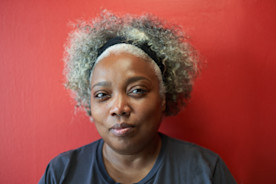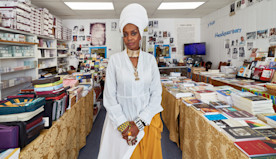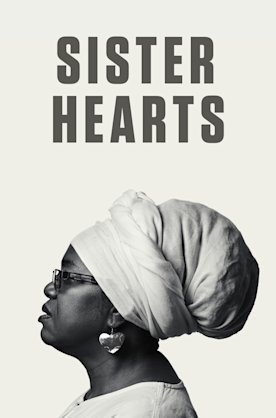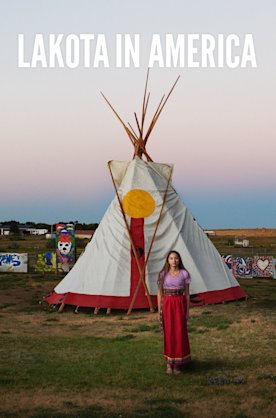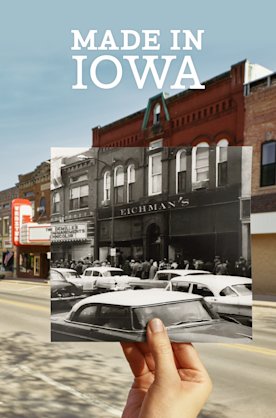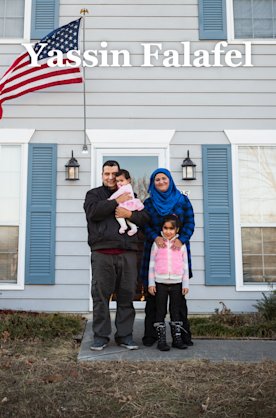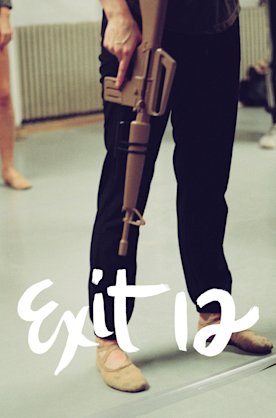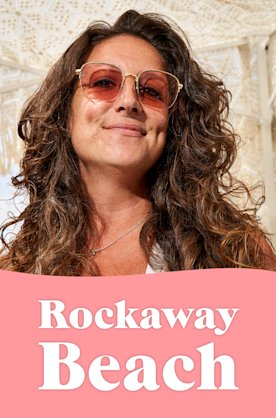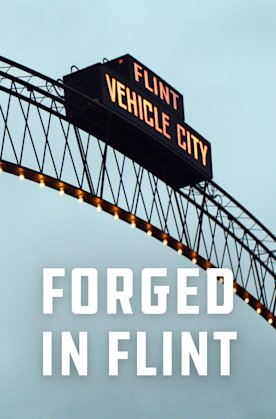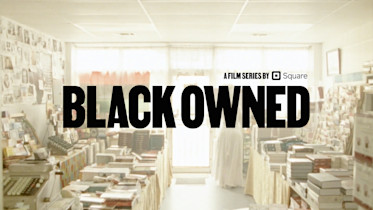
Black Owned explores the history, experience, and voice of the Black entrepreneurial spirit and its essential contribution to the American economy.
Through the perspectives and experiences of Black business owners in Chicago, St. Louis, and Jackson, MS, we explore the meanings of Black ownership alongside the historical backdrop and contemporary conditions of their communities — the ones they live in and the ones they create.
Our journey starts in Chicago. Historically, for most Black families with dreams of departing the South, Chicago represented a land of liberation and economic prosperity. Now, after decades of systemic and environmental oppression, Constance of Five Loaves Eatery, and the community she serves, is setting up the South Side of Chicago for a comeback.
We then travel to St. Louis where we see the dynamic and forward-looking character of Black businesses. Through Brandin, a designer, Reo, the owner of a tea shop, and Justin, the owner of a craft beer store, we see multi-talented Black minds owning businesses in industries that don’t often embrace diversity. They’re using their creativity to create a sense of belonging.
Our journey ends in the heart of the South: Jackson, Mississippi. One of the foundational cities that inspired and birthed early waves of Black entrepreneurs, Jackson shows the lingering challenges of Black ownership, while providing forward-looking solutions to progress. Told through the voice of a Maati, a third-generation business owner, we see her commitment to teaching her community about their past to move them toward the future.
EP. 01
Chicago
Family-run restaurant Five Loaves Eatery is a mainstay on Chicago’s South Side. From financial struggles to fires, it remains a survivor with the support of its community, and a dedication to legacy. Owner Constance is an influential thread within the tapestry of a neighborhood that follows her light of inspiration and strength.
“Black and Brown girls and boys are watching. I want to see them blossom. I want to see them owning their own, to reinvest in our own neighborhoods.”
— Constance, owner of Five Loaves Eatery
EP. 02
St. Louis
Three St. Louis dreamers enter new industries despite the doubts surrounding them. The men embraced their new identities for the benefit of the children in their communities — those who need to know their lives and opportunities aren’t limited by the options they see most often.
“It means a lot to be a Black business owner. Mostly because of being able to show some of the kids in the neighborhood, that there’s more than just option A and option B. You can create your own option C and you can create your own journey” - Reo, owner of Teatopia
EP. 03
Jackson
Maati is the owner of the nation’s oldest Black-owned bookstore, open since the 1940s in Jackson’s historic Farish Street District. Her dedication to the community is a recognition of the history that will be inherited by the next generation — an affirmation of true ownership.
“We’ve been pushed down, overworked, underpaid, undereducated, abused, sometimes murdered. And yet we rise.”
— Maati, owner of Marshall’s Music & Bookstore
About the Director
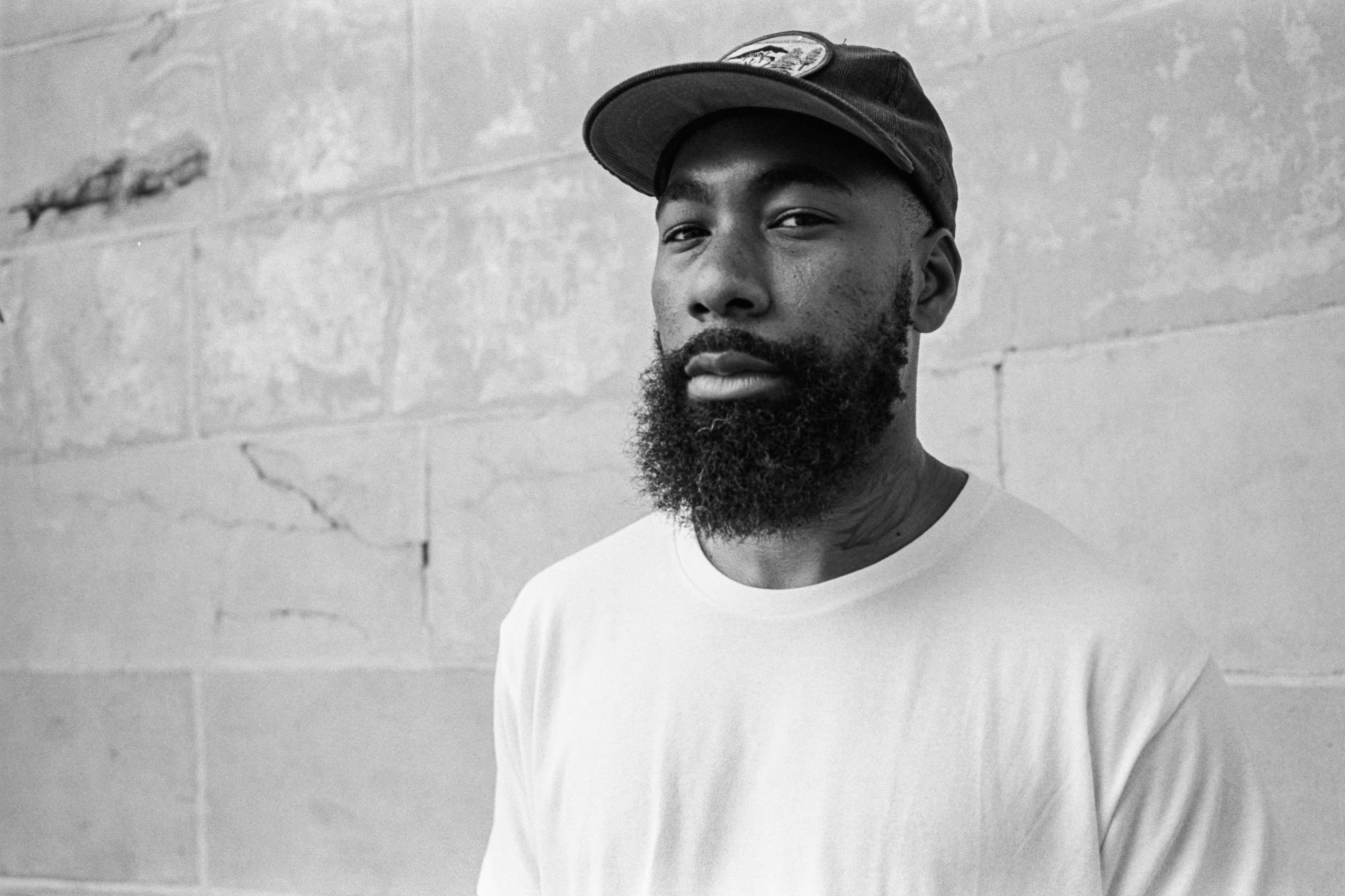
Rodney Lucas is an LA-based, documentary filmmaker at Even/Odd. Originally from the South Side of Chicago, Rodney travels the world creating short documentaries, commercials, and branded content for the likes of US Bank, Square, Best Buy, NOWNESS, Vice Media, Upworthy, Dicks Sporting Goods, Clarks Originals, NTWRK, and Toms Shoes—a contract that allowed him to catalyze a Toms initiative that financially empowered artists around the globe to make social changes in their respective communities.
Rising from a childhood plagued with untimely deaths, a father serving life in prison, and bouts with homelessness—Rodney’s work speaks through a soulful lens that identifies with the language of the streets, and the plight of the oppressed. His work is celebrated for his uncanny ability to capture marginalized communities with a high level of sensitivity, care, artistic expression, and emotional depth.
“The connection to my community—and acting in service to it—is my primary mission. I take great pride in amplifying Black stories and voices through the power of film. I’m an outsider too, a guy who had to take the back door to get here. I didn’t have homies at ad agencies or uncles who were producers. Those alley-oops didn’t exist for me. I had to create these opportunities by revisioning the landscape of advertising through my ability to cinematically translate emotionality. Filmmaking is a privilege I approach with gratitude and humility.”
Watch more films by Square
